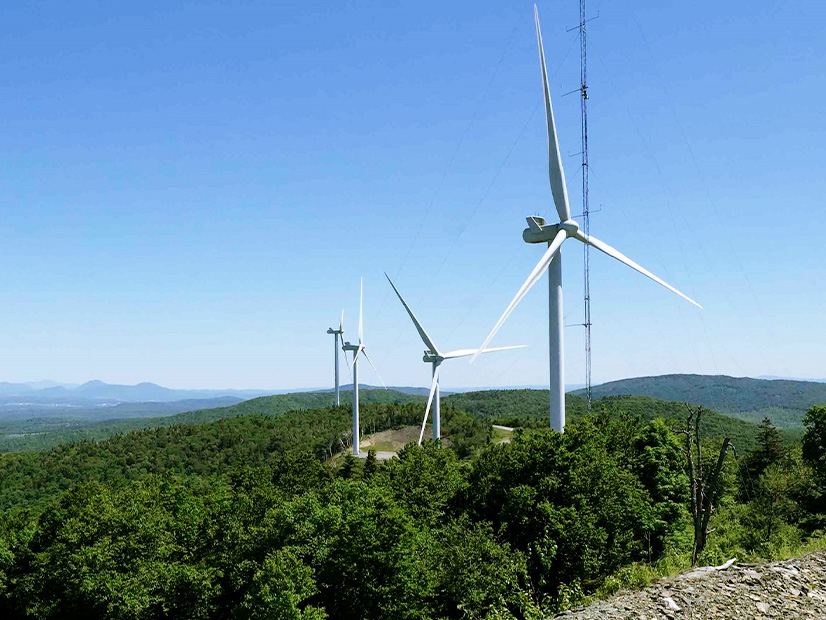
NERC and the regional entities this week called FERC’s proposal for new reliability standards focused on inverter-based resources (IBRs) “complementary to the work the ERO Enterprise is presently undertaking,” while suggesting an alternative timeline to the commission’s plan (RM22-12).
The ERO was responding to the Notice of Proposed Rulemaking that FERC issued at its open meeting in November. The proposal asserted that the “impacts of IBRs on the reliable operation of the” bulk power system are not adequately addressed by current reliability standards. The commission proposed to direct NERC to develop new standards to address four specific topics: data sharing, model validation, planning and operational studies, and performance requirements for registered IBRs. (See FERC Addresses IBRs in Multiple Orders.)
In their response filed Monday, NERC and the REs agreed with the commission that IBRs could pose “elevated risks … to reliable operation of the BPS if not addressed appropriately,” pointing out that the ERO “has taken an active role in developing reliability guidelines … and other materials to raise awareness of possible IBR risks and provide industry with best practices to mitigate those issues.” They also said that FERC’s suggested topics “align very well with NERC’s identification of risk areas,” although the ERO did suggest refining some aspects of the commission’s proposals.
NERC and the REs balked, however, at FERC’s suggested timelines for developing the standards and proposed an alternative plan.
Under the NOPR, once FERC approved the ERO’s standards development and implementation plan — due 90 days after the NOPR is approved — NERC would have 12 months to submit its proposed standards to address registered IBR failures to ride through frequency and voltage variations. After another 12 months, NERC would have to submit standards concerning data sharing, model validation, and planning and operational studies; and 12 months after that, the final standards, addressing post-disturbance ramp rates and phase-locked loop synchronization, would be due.
The ERO observed that the commission’s proposed timeline does not seem to account for the fact that NERC already has standards development projects underway that touch on the issues FERC raised in its NOPR. The ERO suggested that “these projects should be prioritized and addressed on a faster time frame,” and that the NOPR’s timeline be rearranged to reflect the work that can be done earlier.
Under the ERO’s suggested timeline, after FERC approves the standards development and implementation plan, it would have:
- 12 months to submit standards addressing comprehensive ride-through requirements and other known causes of IBR tripping, post-event performance validation and disturbance monitoring data for registered IBRs;
- 24 months for standards addressing data-sharing issues other than disturbance monitoring data and data and model validation for registered and unregistered IBRs and distributed IBRs (IBR-DERs); and
- 36 months for standards addressing planning and operational studies for registered and unregistered IBRs and IBR-DERs.
The ERO concluded by reminding the commission of its ongoing work to identify new “issues and challenges associated with IBRs [that] may continue to require attention for years to come,” including commissioning processes for IBRs and security concerns that may not be adequately addressed by current standards. The organizations said that they are “not requesting any specific commission action on these areas at this time,” but they sought to remind FERC of the “breadth of the challenges” in this space.
NERC is also working on another order issued at FERC’s November meeting: a work plan detailing how it will identify and register owners and operators of IBRs that are connected to the BPS and “in the aggregate have a material impact” on reliable operation but are not currently required to register with the organization (RD22-4). That is due Feb. 15.



